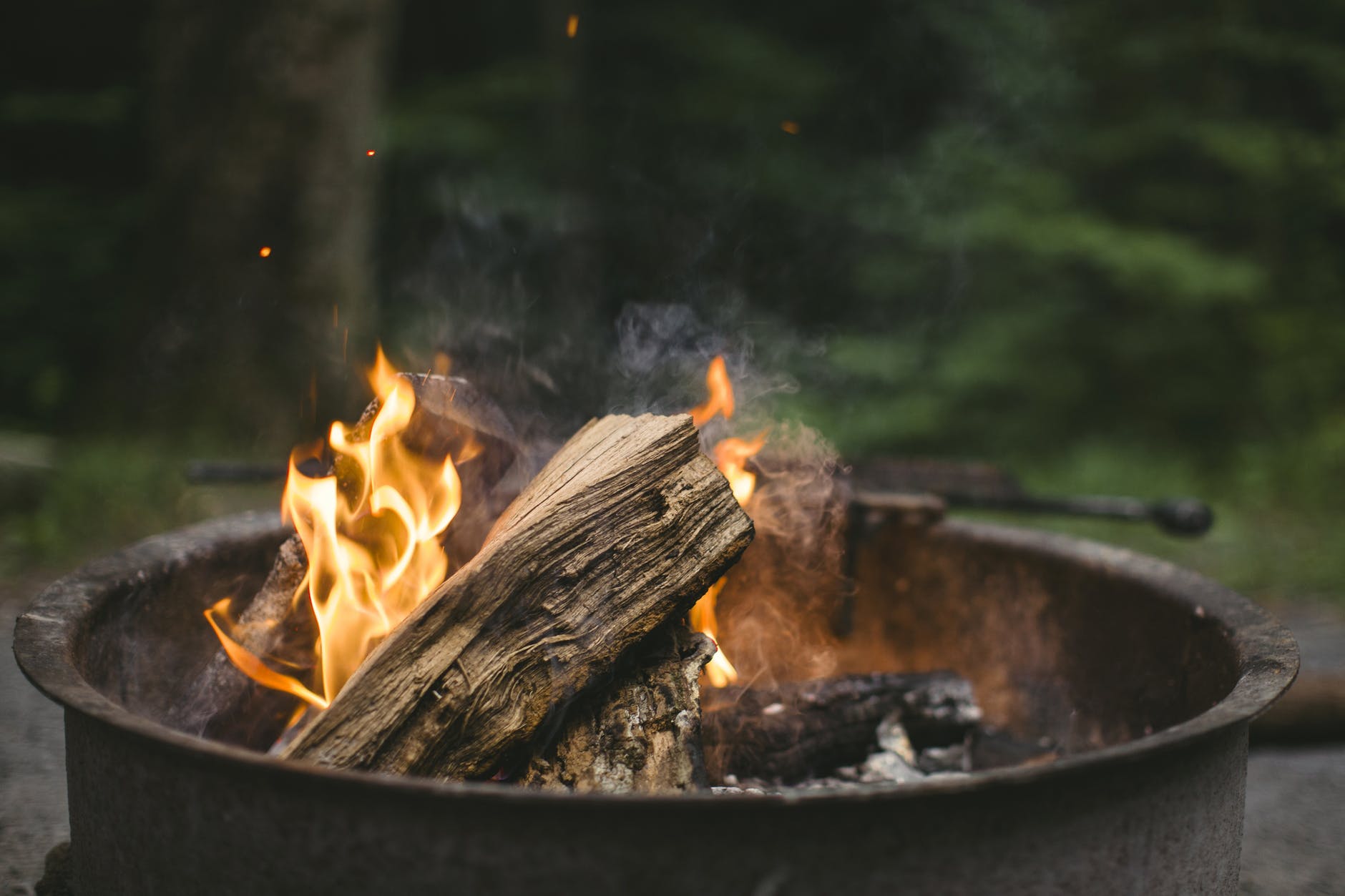Despite the Cowichan Valley being in the midst of the worst drought ever, the number of fires in the Coastal Fire Centre is way below last year’s total.
To date, 145 fires have burned in the fire zone, a little more than half of last year’s total.
2019 has seen no campfire ban, a reality not seen since 2012 and Fire Information Officer Marg Drysdale said you shouldn’t be lulled into a false sense of security.
“It’s not completely unusual, we didn’t have a campfire prohibition in 2005, 2006, 2011, or 2012,” said Drysdale.”
She added, “What I would say to everyone out there is that if you’re going to be enjoying your campfire this weekend, it’s going to be hot and fairly dry throughout most places in the fire centre and remember that you are responsible for fires, you need to put them out.”
We’ve had 102 human-caused fires this season, compared to 133 in 2018 and just 43 lightning-caused blazes, compared to 116 last year.
Tips for putting out a fire are available here.






